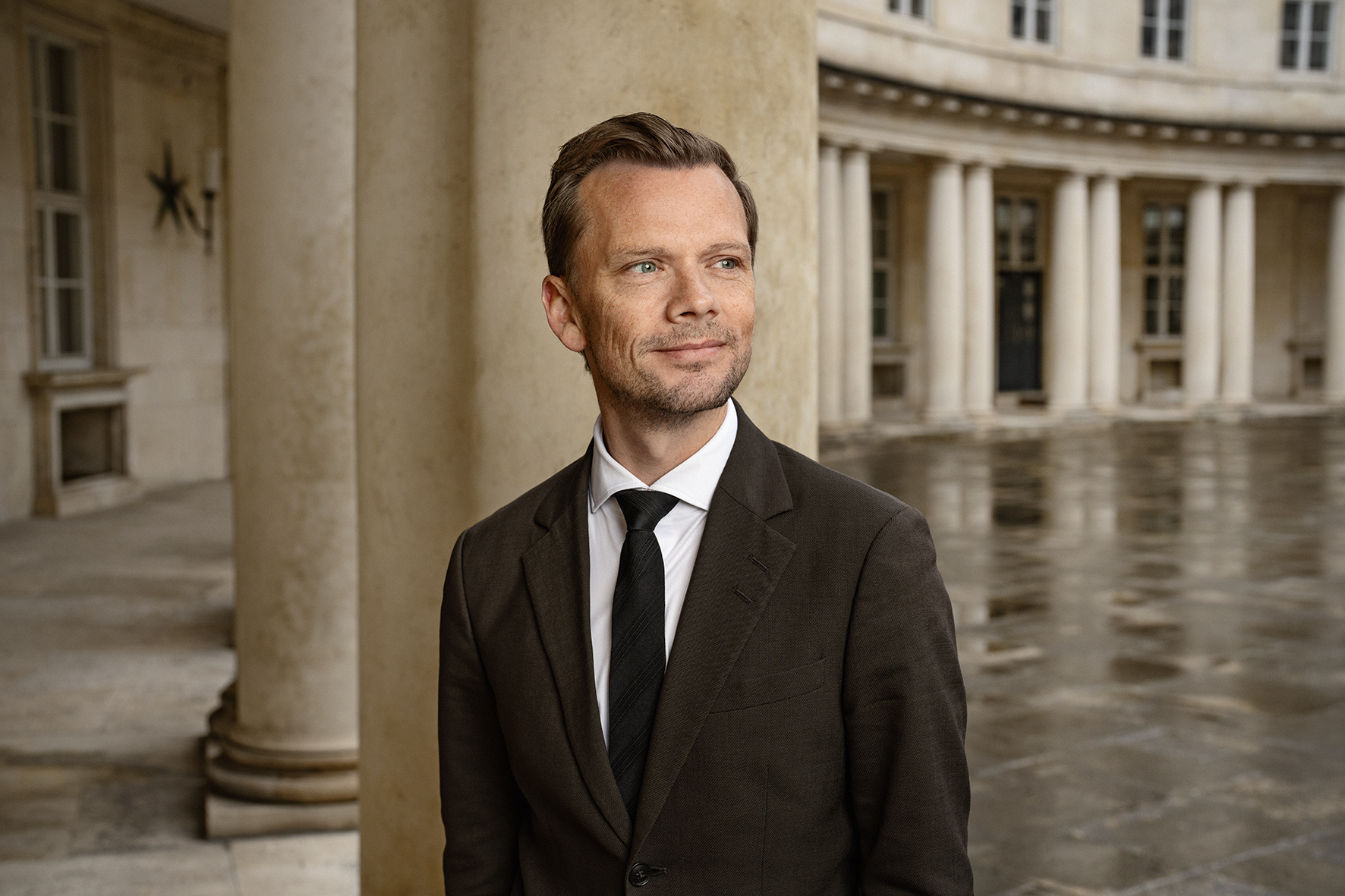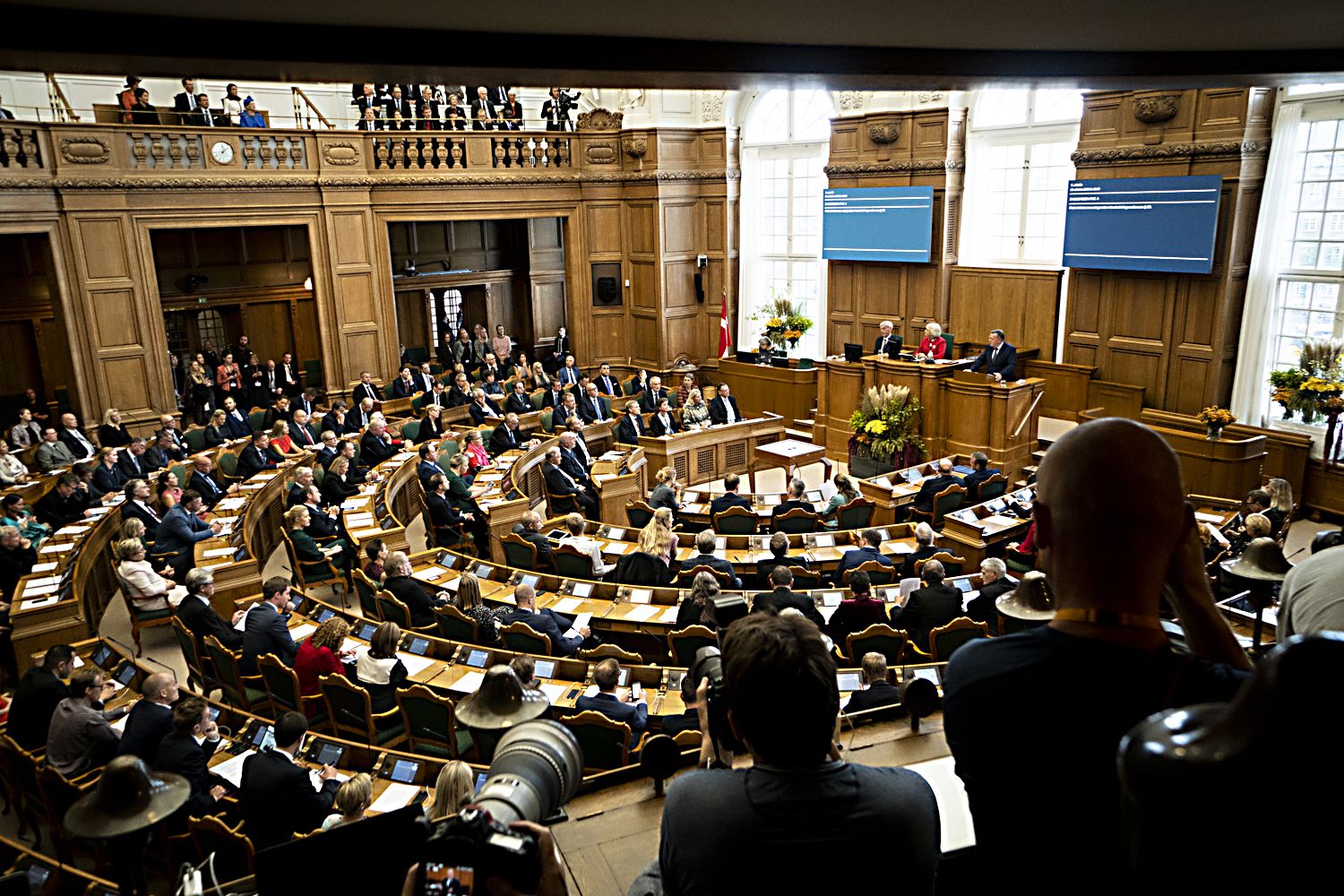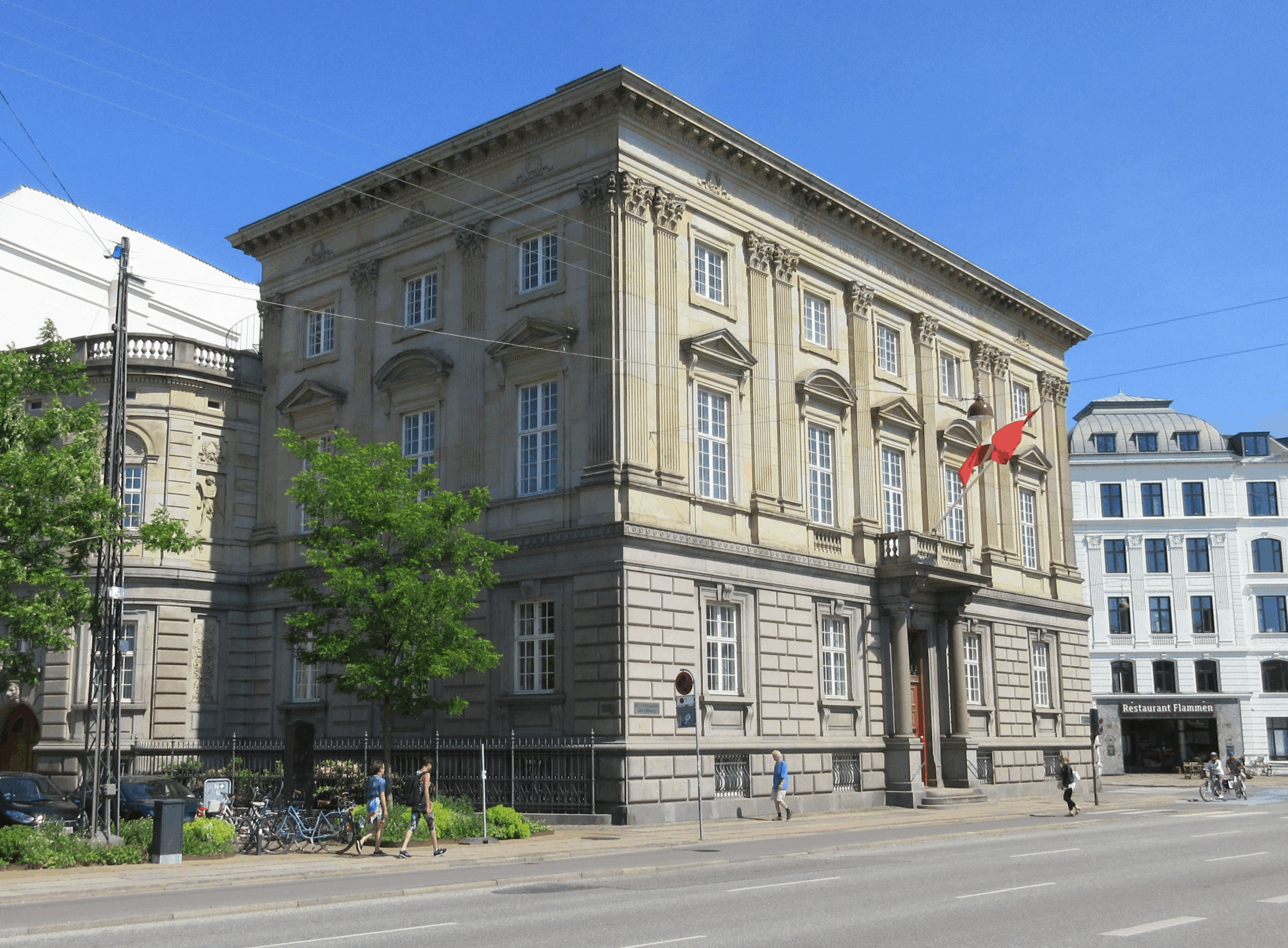Abdulhadi al-Khawaja, the Danish-Bahraini human rights activist who has been imprisoned in Bahrain since June 2011, is continuing his legal fight.
His daughter, Maryam al-Khawaja, told Berlingske Nyhedsbureau that her father will appeal against his life sentence, which was upheld by a Bahraini court last month.
“I’ve spoken with his lawyer, who told me that my father and 12 others have decided to appeal,” Maryam al-Khawaja said.
Abdulhadi al-Khawaja and the twelve others are known as the ‘Bahrain Thirteen’, a group of opposition leaders and activists that were arrested in the spring of 2011 for their role in the uprising that swept through Bahrain as part of the Arab Spring.
Al-Khawaja’s high-profile hunger strike, which lasted 110 days, led to widespread international attention, culminating in the Danish Foreign Ministry engaging in what Villy Søvndal (Socialistisk Folkeparti), the foreign minister, characterised as “the largest Danish consular effort ever” to have him released. Denmark’s efforts – supported by the UN, the EU and the US – have been rebuffed by the Bahraini government.
While he’s been imprisoned, al-Khawaja has been subjected to torture, violence and sexual abuse while jailed in Bahrain.
While Denmark pulled out all the stops to try to get al-Khawaja, who holds Danish and Bahraini citizenship, delivered to Denmark, allegations have surfaced that another Danish citizen imprisoned, and allegedly tortured, abroad is not receiving the same attention.
Thami Najim, a dual Danish and Moroccan citizen who was arrested in February on terrorism charges in Morocco and sentenced last month to ten months in prison, told Politiken newspaper that he is being tortured.
“The Moroccan intelligence service and police are notorious for their heavy-handed treatment,” Najim told the newspaper. “Our interrogations have been no exception. We’ve been punched, kicked and tortured psychologically.”
?Najim, who is an active member in the Islamic organisation Hizb ut-Tahrir, reportedly shares a 10-square-metre room with four other men.
Najim, 37, was arrested in February along with two others for having planned terror attacks against the Moroccan state. Morocco’s Interior Ministry said at that time that Najim supervised a plan to “undermine the county’s security and stability”.
According to Politiken, the usual sentence for trying to undermine the Moroccan regime is up to five years in prison, but a source told the newspaper that Najim received a lighter sentence because the state “had a weak case”.
Najim, who was born and raised in Denmark and moved to Morrocco in 2007, also faced charges of receiving illegal foreign financing for his terror operations. Those charges were not pursued. If they had been, Najim could have faced life imprisonment or the death penalty.
Najim said that he receives only one visit a month from a representative of the Danish Embassy in Morocco and that Denmark overall is not providing him with much assistance.
“The Danish authorities’ involvement in the case can hardly be called help,” he said. “They have done nothing for my case. Seen in the light of the human rights projects that Denmark has in Morocco, financed by Danish citizens to the annual tune of hundreds of millions of kroner, the Danish authorities should be demanding adherence to international conventions.”
Claus Juul, a lawyer with Amnesty International Denmark, questioned why Denmark isn’t doing more for Najim.
“In Moroccan prisons, there are violations of some of the most basic human rights, which is clearly problematic,” Juul told Politiken. “In such a case, I think you can discuss whether one visit a month is enough.”












